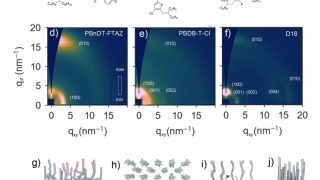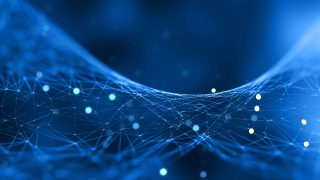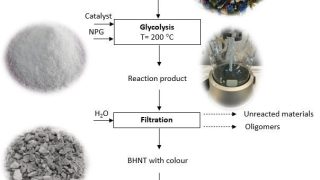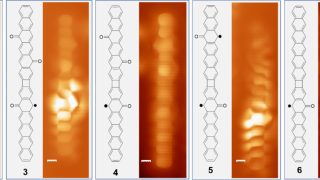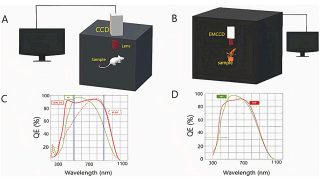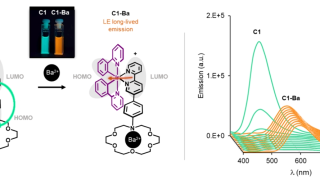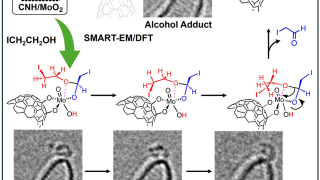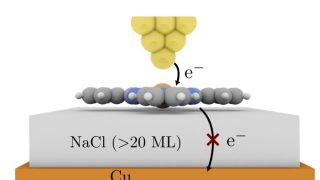
How a salt layer shapes electron behaviour in a single molecule
When scientists place a single molecule on a surface and move electrons in or out one at a time, quantum mechanics comes to life in vivid detail. A team of researchers used a specialized microscope to study a copper-phthalocyanine (CuPc) molecule resting on a thin layer of salt. They discovered that the salt, far from […]
